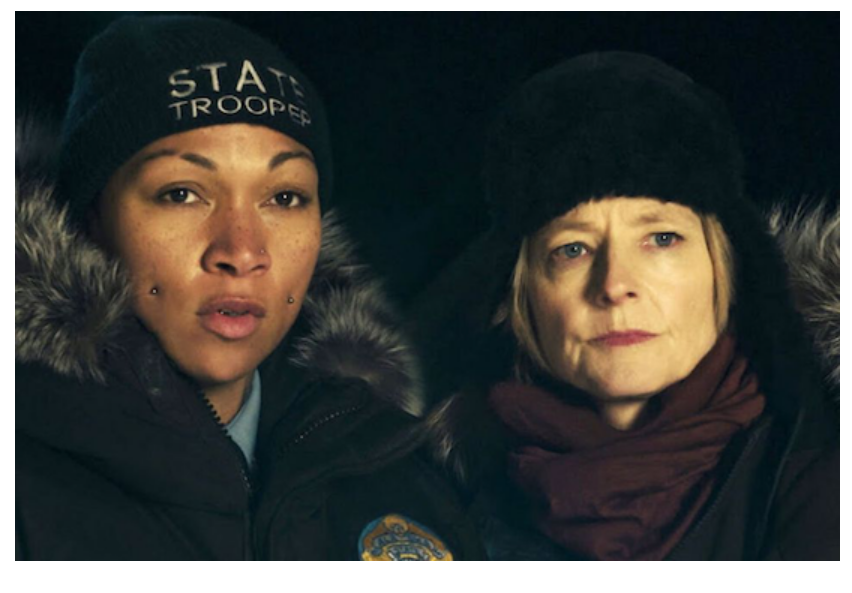
A Leaving Statement from Tariq Goddard, a Founder and Editor of Repeater and Zer0 Books
Repeater and Zero Books are publishing imprints that have become a culture. That culture will endure longer than the individuals that helped bring it about,
Last week I found myself describing to a group of Save the Children colleagues what it is like to be shelled during a siege. The horrific images flooding out of Ukraine were deeply triggering, taking me back almost thirty years to a terrible civil war in another country. Then, as now, the intent of indiscriminate shellfire in an urban setting was the same: to spread terror among trapped civilians and to erode their will to resist. Then, as now, the impulse to do something to alleviate the enormous human suffering was overwhelmingly strong. The terror never leaves you but nor does the human will to survive break easily. Angola in 1994 was my second experience of civil war. I had spent the previous year in Somalia, where the brutal consequences of conflict had led to widespread famine and prompted a massive military intervention codenamed Operation Restore Hope.
The West is discovering that its ‘New World Order’ hubris at the end of The Cold War was rather premature. But, like most, I find it impossible to view events unfolding in Ukraine with dispassionate political realism. Human compassion and moral outrage are my driving forces. A sense of gross injustice and natural affinity might explain the giant wave of empathy rolling towards Ukraine from its Western neighbours. While from places further afield it is perhaps an innate concern for the plight of the distant other that is driving the desire to help.
I believe that such a sense of global human connection is a vital and necessary force for good in the world and we should never fail to mobilise international solidarity for all the world’s people in their hour of need. And there is much need indeed. Driven by conflict, climate change and COVID-19, the global humanitarian outlook for 2022 is stark. According to the United Nations Office for the Coordination of Humanitarian Affairs, 274 million people will require humanitarian assistance over the next year. Erratic weather patterns mean that the world is facing a hunger crisis on a huge scale in 2022, leaving many millions of children at grave risk of starvation.
As a humanitarian practitioner who has spent the past thirty years on a search for truths about human nature, I have always despaired of all forms of human violence. And such violence comes in many forms – the brutal use of high explosives on civilians in Ukraine, or the slow agony of starvation in the Horn of Africa that is also taking place right now. A great worry for all humanitarians is that the loss of access to Russian and Ukrainian grain supplies, together with the diversion of financial aid and political attention, may lead to huge loss of life in other parts of the world. Western concern for the urgency of Ukraine’s misery must therefore be balanced with the scale and severity of suffering in Afghanistan, Yemen, Ethiopia, Somalia, South Sudan, Kenya and elsewhere, if we are to live in a fair and peaceful world, free of discrimination.
So, for all of you who care deeply about universal peace and international solidarity, please do all you can to help all those suffering around the world in its many wars and crises. Give what you can to trusted humanitarian charities – your money is far more useful to the people of Ukraine today than any spare clothes or other goods and the leading agencies know how to make best use of your financial support. Lobby your governments to ensure they give sanctuary to all refugees and help set up safe routes for all those seeking asylum. Open your hearts and your homes – if you are able – and cherish all of humanity
Gareth Owen is the author of When the Music’s Over out 14th June with Repeater Books.

Repeater and Zero Books are publishing imprints that have become a culture. That culture will endure longer than the individuals that helped bring it about,

If the measure of writing is to get as close as we can to the truth of existence, I know I will never write a

To accompany his latest piece with Tariq Goddard in The Quietus on True Detective Season 4 and the legacy of In The Dust of This Planet, Eugene

Repeater and Zero Books are publishing imprints that have become a culture. That culture will endure longer than the individuals that helped bring it about,

If the measure of writing is to get as close as we can to the truth of existence, I know I will never write a

To accompany his latest piece with Tariq Goddard in The Quietus on True Detective Season 4 and the legacy of In The Dust of This Planet, Eugene
